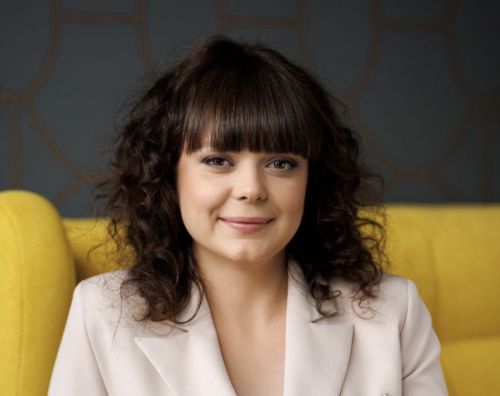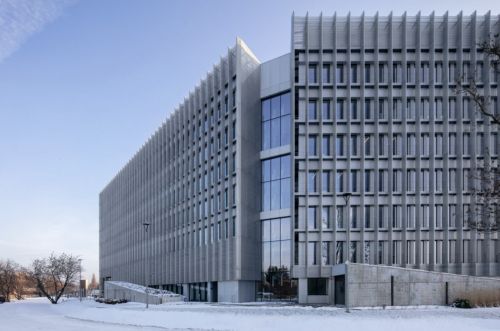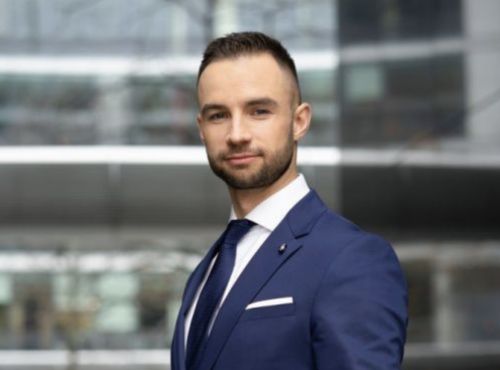Nearly a hundred people came together at the InterContinental hotel in Warsaw on the first scorching day of April (the 26th) to discuss and the most critical problems facing the hotel market. The panellists on the first discussion, moderated by Michael Widmann of PKF Hotelexperts, attempted to identify where and how best to invest in the hotel market. The ?where' question immediately provoked a debate on how different companies view the CEE market. Christian Fojlt of Warimpex explained that for his company the region starts as far west as Germany and ends in Russia. However, not everyone has the courage or willingness to invest in markets so diverse and remote from each other. The Deka Immobilien fund has 24 hotel facilities in its portfolio, but Benjamin Ploppa, who represents its hotel department, admitted that for now the fund's investment plans end in Poland. Martin Schaller of Union Investment is another who is satisfied with the revenue generated by facilities in Polish towns and




























































